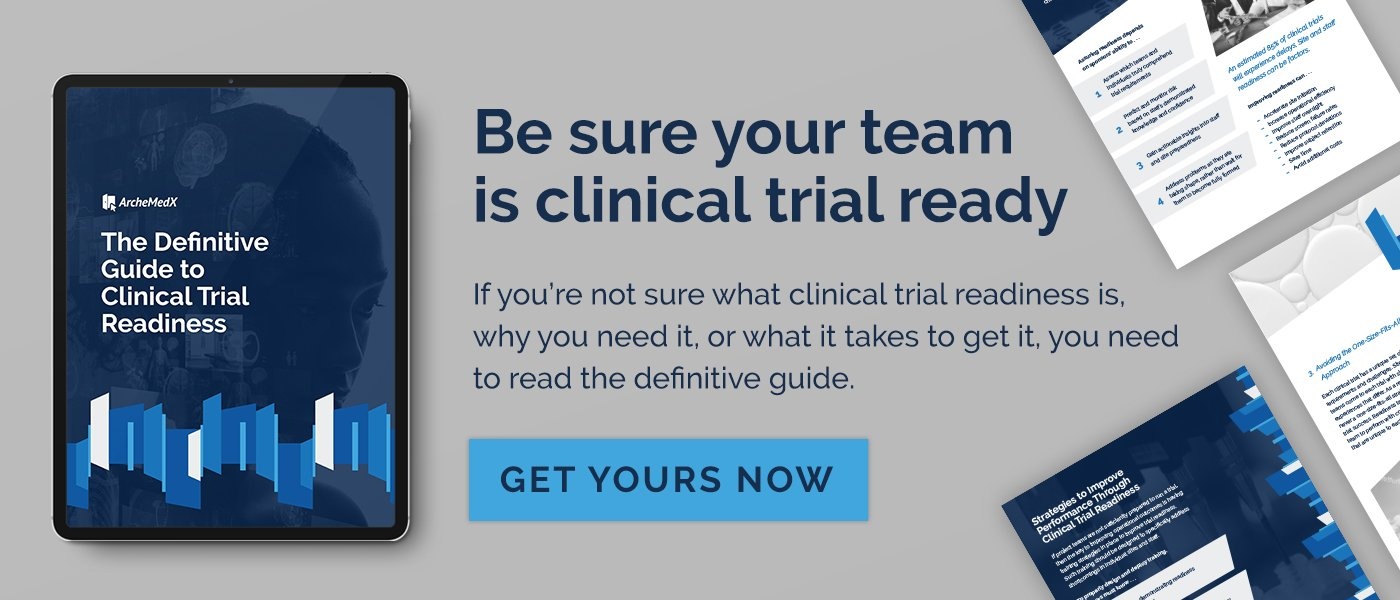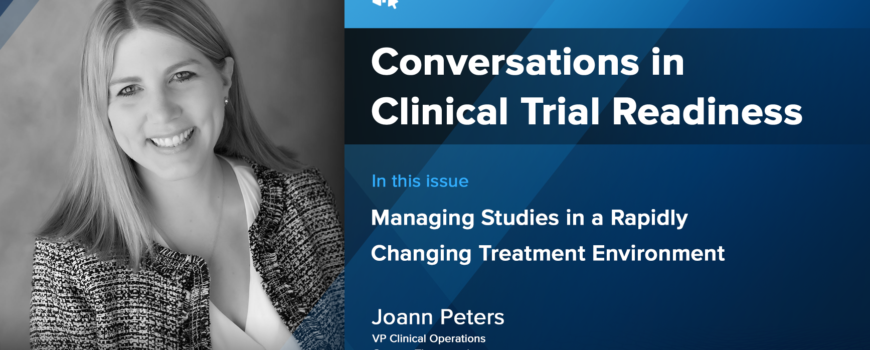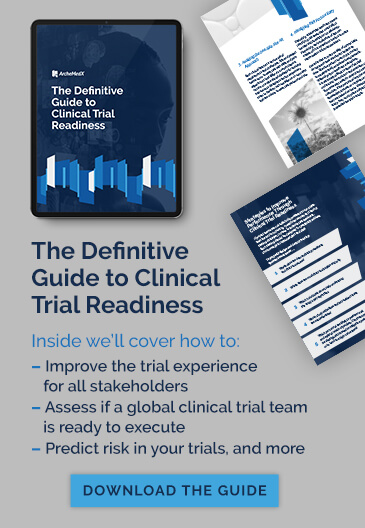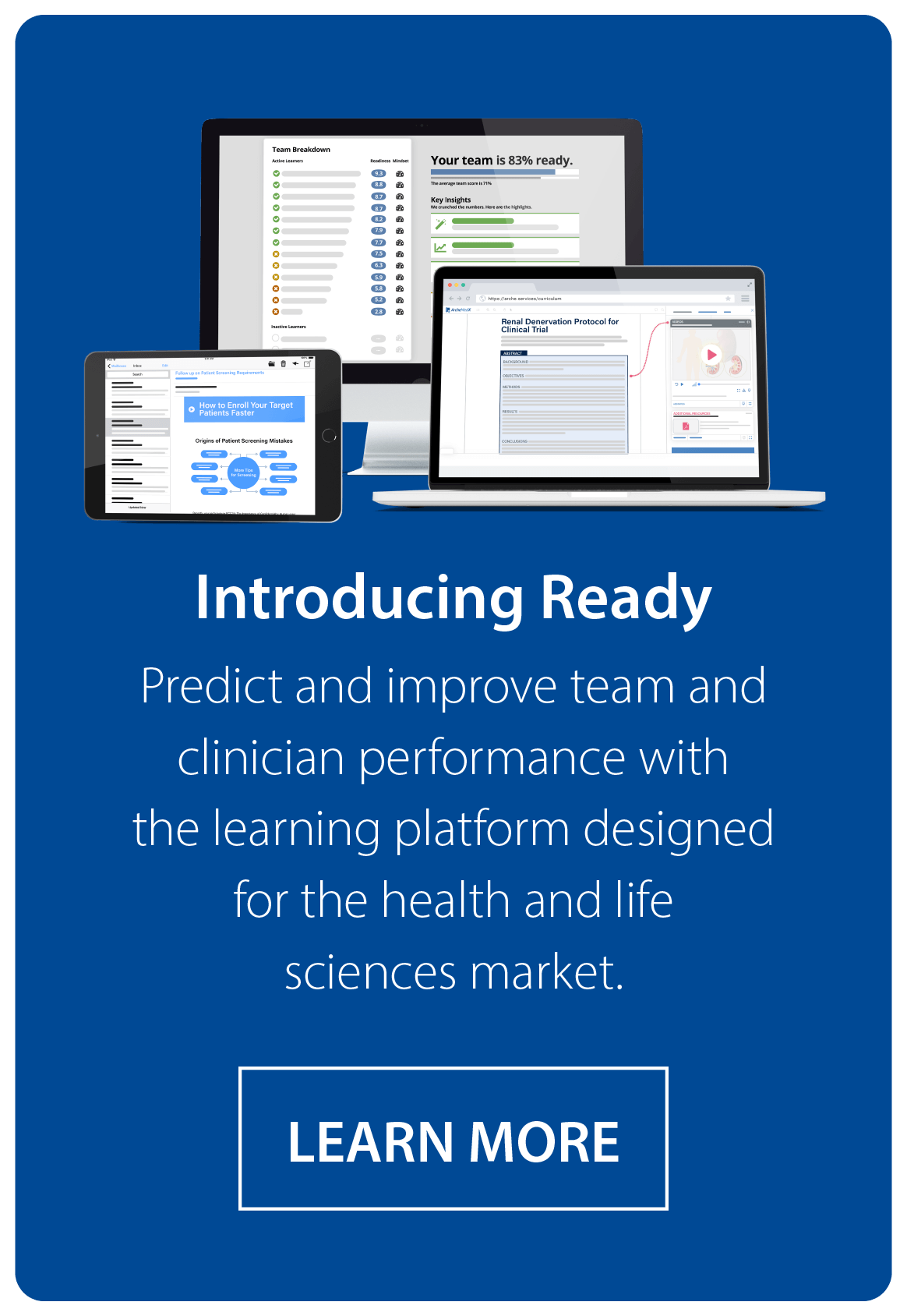
We recently spoke with Joann Peters, Vice President Clinical Operations at Geneos Therapeutics, a biotech focused on developing personalized, tumor-targeted immunotherapies. The company is based in Plymouth Meeting, PA. We wanted to share these excerpts from the conversation:
ArcheMedX:
What are the biggest and/or most common challenges you meet with during the preparation or conduct of a clinical trial?
Peters:
One of the biggest challenges is creating a protocol that can be executed expeditiously and still be relevant in a rapidly changing treatment environment. For example, a treatment is approved for second-line treatment today, but potentially changing to first-line treatment. If a study is targeting patients on the current approved regimens and there are changes to institution formularies based on newly approved drugs, sponsors need to be agile enough to change their protocols in order to remain relevant. That’s no small feat. Ongoing discussions with investigators or advisory panels, revisions to the IND, additional regulatory approvals, revised study plans, and training are just a few things that are impacted and must be addressed in a short period of time.
Another challenge is timely enrollment. Competing studies, staffing constraints, and capturing the interest of treating physicians can present obstacles to enrollment. Conducting a thorough feasibility study and talking directly with the PI and study staff will help alleviate these constraints.
Having a team that believes in your product and protocols that don’t deviate much from standard of care can support study sites and enrollment. For those of us working in oncology, our patients may be too sick to qualify for a study, thereby reducing the patient pool.
ArcheMedX:
How do you assess the preparedness of the members of a clinical trial team before study startup?
Peters:
For a new study team, review of CVs is essential. The CV provides information like longevity in a role and the company; it also provides an overview of therapeutic experience and expertise. If possible, we may interview team members to ensure they are a good fit. Ultimately, we rely on the project manager to ensure collaboration and preparedness of the team. And, we consider a face-to-face study kick off meeting to be essential for developing a cohesive team.
A concern in our industry is that many teams do a great job on the initial training, but after that, never think about it again. We need to make sure that people have the right knowledge and skills not only on day one, but that they maintain that knowledge and those skills.
A concern in our industry is that many teams do a great job on the initial training, but after that, never think about it again. We need to make sure that people have the right knowledge and skills not only on day one, but that they maintain that knowledge and those skills.
ArcheMedX:
Do you continue to assess the preparedness of the team and site staff as the trial goes on?
Peters:
Study teams continue to be assessed by milestones achieved, communication of potential issues and mitigation, and during regular teleconferences. There are team members that work behind the scenes; however, they can be assessed similarly based on the quality of data outputs and feedback from peers and investigative sites.
ArcheMedX:
In a perfect world, what might you do differently in regard to preparing and assessing clinical trial staff?
Peters:
I’d like to include periodic assessments to ensure the study team and trial staff understand the protocol. I’d also like to conduct a face-to-face meeting prior to enrollment. An investigator meeting is a good example of this, however not all studies have an investigator meeting.
I believe this would help ensure that there is a good understanding of the study and goals for execution. The kickoff meeting is more of an introduction to the study team. By contrast, the meeting prior to enrollment requires much more knowledge around study execution.

ArcheMedX:
Do you have any immediate plans for revising the way you manage clinical trials?
Peters:
We always want to encourage openness with our CRO and study sites and ensure accountability between the parties.
ArcheMedX:
What changes, if any, do you foresee in clinical trial operations in the near future?
Peters:
Personalized medicine presents a need to be more hands on with our teams and study sites. Timing of the medication becoming available and when the patient needs to wash out of current drug regimens, for example, must be carefully managed. Collaboration and a good rapport with the sponsor, CRO, manufacturer, and study site will be increasingly important for success. In fact, it’s key. I’ve managed all my projects in this manner and the results have been amazing.
Collaboration and a good rapport with the sponsor, CRO, manufacturer, and study site will be increasingly important for success. In fact, it’s key. I’ve managed all my projects in this manner and the results have been amazing.
ArcheMedX:
As Joann emphasized, sponsors and sites must be better prepared to conduct studies today in a rapidly changing treatment environment. This requires the ability to implement more agile protocol modifications, to ensure project teams and site personnel understand and can implement the changes, and to periodically assess staff and site readiness to recognize risks sooner. The more complex or challenging the study, particularly in oncology, the greater the need to quickly identify which study changes or readiness issues are well understood and which require additional clarification or remediation before key milestones are missed.





